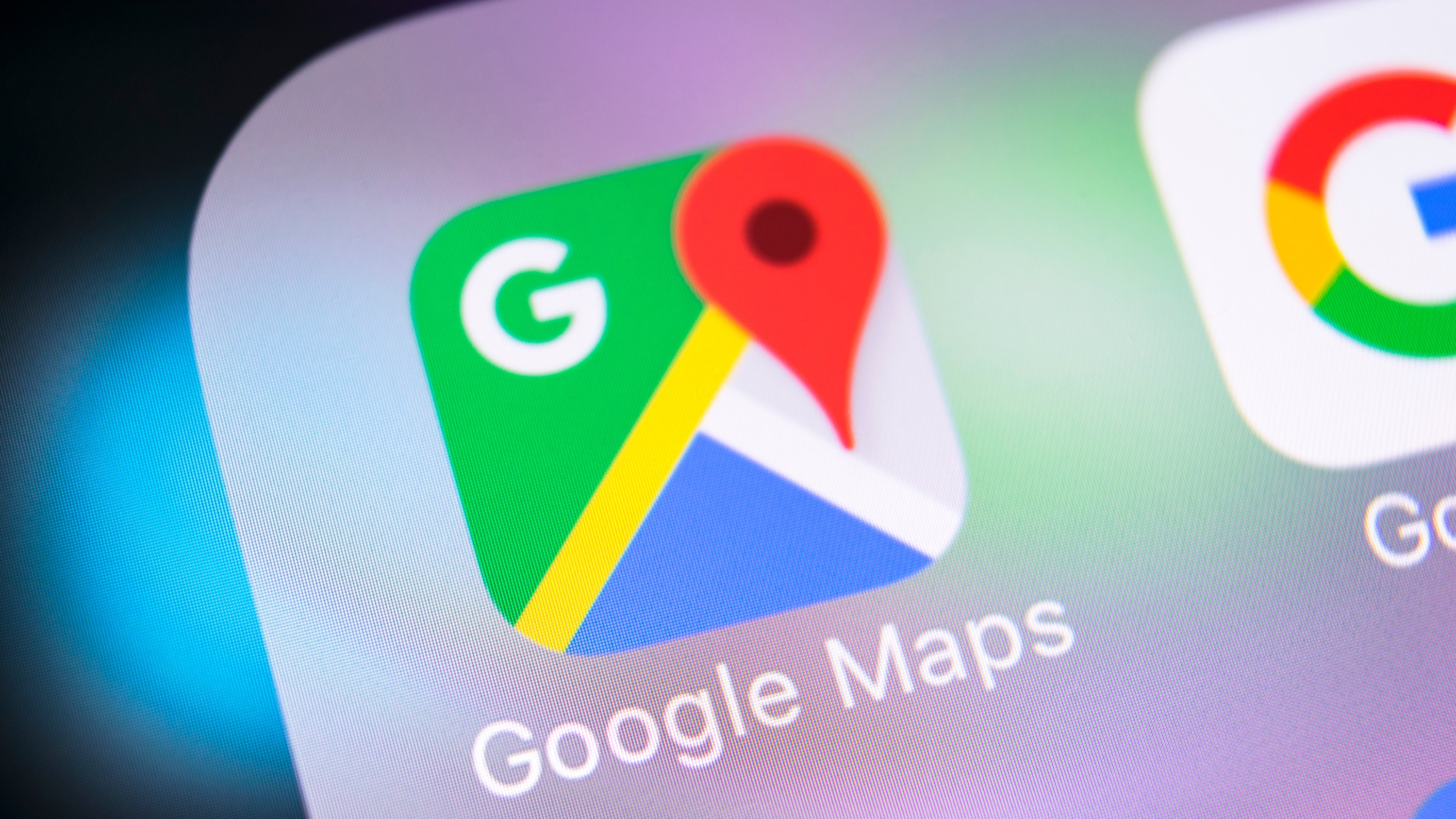
A lot of big changes have been happening to Google Maps recently, especially as Google adds more AI-powered features to its navigation app. The latest, which coincides with a major Google feature drop at MWC 2024, is going to Enhance Screen Reader support for Lens in Google Maps.
Screen Reader support was added to Lens for Google Maps last year. The idea is that you can use your phone’s camera to scan the surrounding environment, at which point Google would offer audible feedback on what’s there. This is a very useful accessibility tool for people with any kind of visual impairment, or if you’re in an unfamiliar place and don’t know the language.
The enhanced version of screen reader takes this idea and expands upon it. So when you point your camera at a specific place or business, Google Maps will be able to read out a bunch of relevant information — including business hours, average review rating and even directions on how to get there.
All you need to know to do is tap the camera icon in Google Maps’ search bar, and lift your phone up to scan the surroundings. Just make sure you have the TalkBack screen reader enabled, which can be found in Android’s Accessibility menu in the settings.
Android Auto’s new AI summaries are coming to more phones
In other navigation news, Android Auto’s AI summaries feature will be expanding to other Android phones, after launching alongside the Samsung Galaxy S24 last month.
The idea behind this feature is that it’s supposed to prevent distractions, by summarizing texts or group charts while you’re driving. That way you’re not constantly being hit with notifications every time your Dad has poor impulse control.
This feature is also able to suggest relevant replies and actions when you’re on the road, such as navigating straight to any shared locations, sharing your ETA with contacts or starting a phone call.
While I’m of the opinion that you really should be cutting off the potential for distractions, rather than utilizing a different way to take your attention off the road, this could be beneficial if you’re one of those people that has to stay connected as much as possible.
Both these features are rolling out to Android phones right now and should be on your phone very soon — assuming they’re not already.







